5 Minutes
From franchise favorite to quieter casting calls
Once heralded as a rising action-star and franchise anchor — from Man of Steel to Netflix's The Witcher — Henry Cavill now appears far less often in headline roles. A string of underperforming releases, public scandals and perception of limited range have combined with wider industry changes to make big studios more cautious about attaching the actor to marquee projects. This article examines the factors behind Cavill's cooling fortunes, compares his situation to similar career arcs, and suggests how actors and studios are rethinking casting in a post-franchise, post-streaming era.
Box-office realism: when star power doesn’t guarantee profit
Two of Cavill's 2024 releases — Argylle and The Ministry of Ungentlemanly Warfare — notably failed to recoup their budgets. Argylle grossed roughly $96 million against a reported $200 million budget, and The Ministry earned an estimated $29 million on a $60 million spend. Those numbers forced studios and financiers to re-evaluate how much weight an actor’s name still carries when IP, marketing strategy and audience familiarity matter more than ever.
Comparisons and context
These misfires echo other recent ensemble or spy films that struggled when marketing and premise didn’t connect — think of how some starry caper films faded next to tightly marketed franchises like Mission: Impossible or Kingsman. While Cavill’s presence helped secure high-profile directors and co-stars, weak scripts and messy release plans meant the films never found a broad audience, proving that even established actors can’t rescue poorly positioned projects.
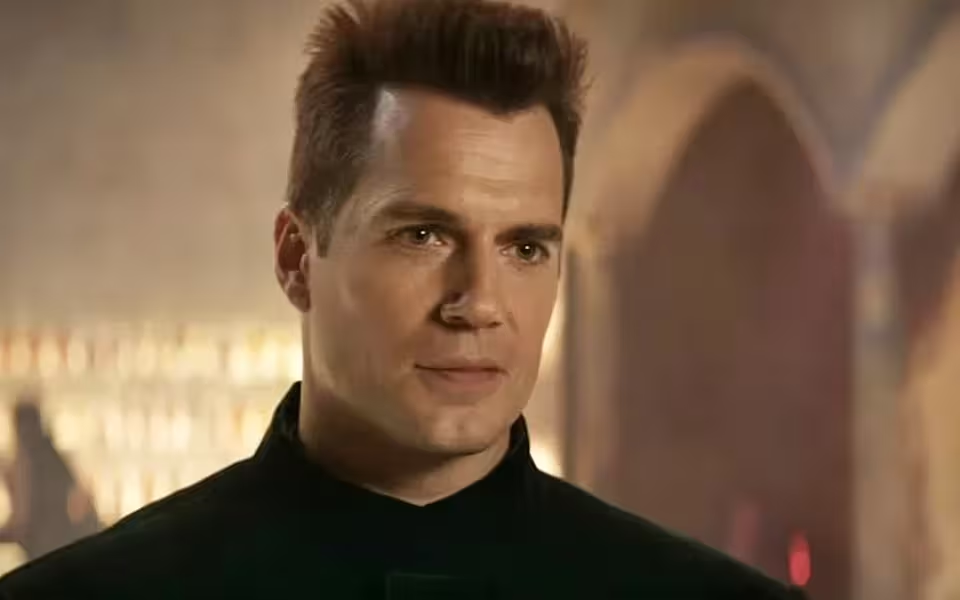
Reputation risk: controversies and on-set whispers
Public statements and personal life scrutiny have also affected Cavill’s public image. A widely reported comment about the #MeToo movement drew backlash and required an apology; past relationships with younger partners and rumors about on-set tensions during The Witcher production further complicated his reputation. In Hollywood’s current climate, studios weigh potential PR fallout carefully when greenlighting high-cost films.
Film critic Anna Kovacs, a London-based industry analyst, observes: 'Studios today calculate not just box office potential but cultural risk. A headline-making controversy can turn a marketable asset into a liability overnight. Cavill’s situation shows how fast momentum can shift when audience trust and internal set dynamics are in question.'
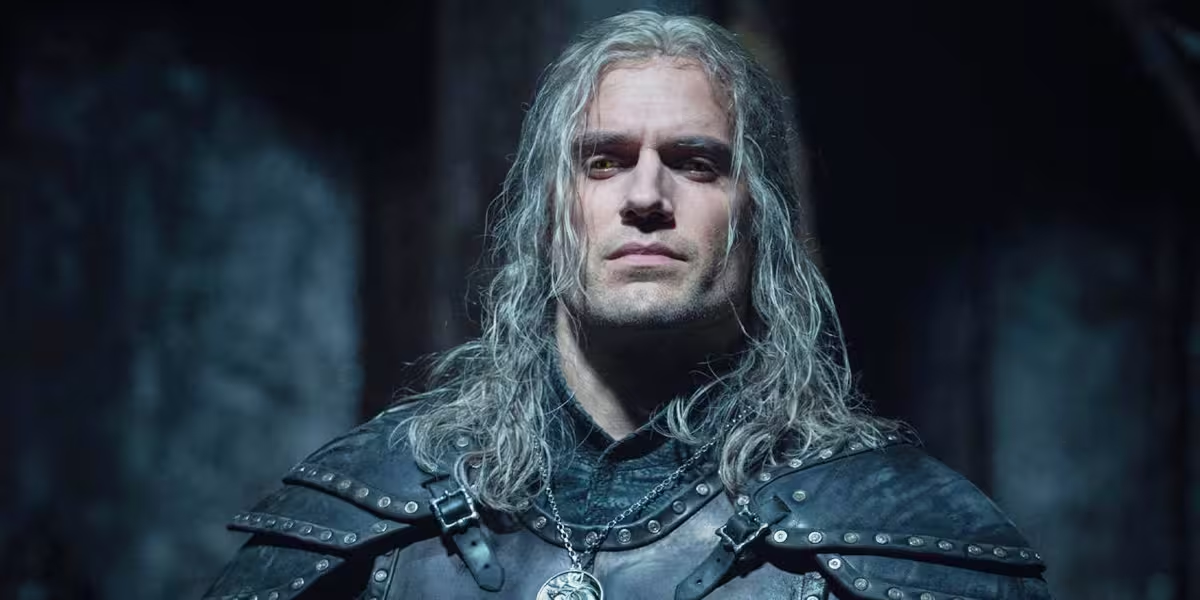
Why studio HR and PR matter more than ever
Streamers and studios now prioritize workplace culture and brand safety. Reported conflicts with showrunners or colleagues — even if unproven — can make producers pick safer, lower-risk options, particularly for franchise tentpoles that require global partners and broad demographic appeal.
Typecasting, range and the limits of the 'brooding leading man'
Critics and some fans argue Cavill has been pigeonholed into a narrow set of roles: muscular, stoic leads in fantasy and action properties. While his physicality and presence are undeniably cinematic, audiences and critics increasingly demand nuance and transformation. Actors who successfully pivot typically embrace smaller, challenging roles or collaborate with auteur directors to reset expectations — strategies Cavill has the option to pursue.
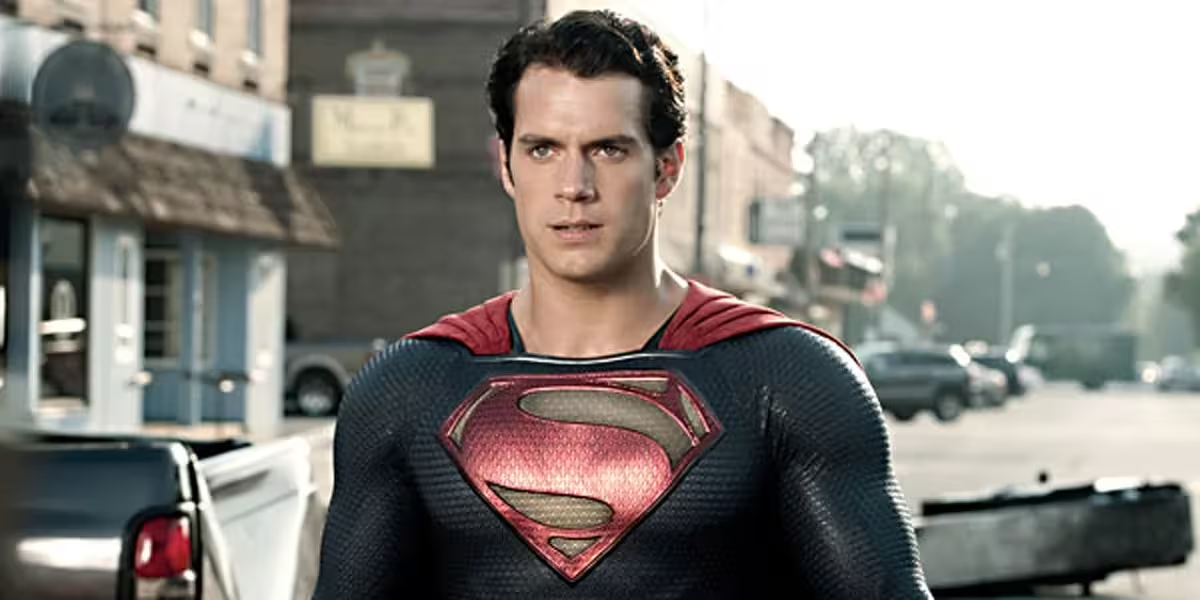
Behind the scenes and fan notes
Trivia-minded fans know Cavill is a passionate gamer and history buff, and he’s long taken pride in his training and stunt work. Years ago he also competed for high-profile assignments like James Bond; early career setbacks around physique taught him lessons about role preparation. Those personal details suggest he could reinvent his brand by choosing daring indie projects or prestige television that showcase range rather than physique alone.
Paths forward: reinvention, patience and strategic choices
Careers in Hollywood are rarely linear. Actors such as Matthew McConaughey and Ben Affleck retooled their images by selecting unexpected parts and working with respected directors. For Cavill, feasible routes include: picking lower-budget character-driven films, returning to serialized TV with creative control, or aligning with auteurs who can reframe his screen persona. Strong PR work and demonstrable on-set collaboration would also help mend industry relationships.
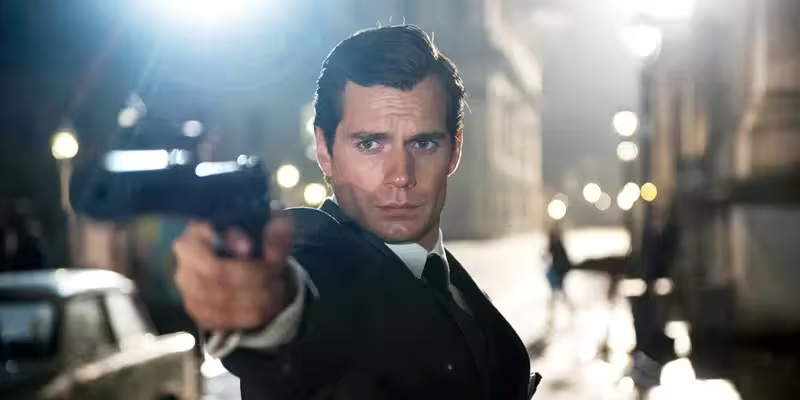
Conclusion
Henry Cavill’s reduced visibility in big-studio casting is the result of intersecting forces: disappointing box-office returns, public controversies that raised reputational flags, and a perception of limited dramatic range. But Hollywood has room for comebacks when artists reinvent themselves and choose roles that spotlight versatility over spectacle. Cavill’s next projects — whether indie dramas, provocative TV, or tightly executed studio films — will determine if he remains a cautionary case or stages a notable comeback.
Final thought
Studios are less likely to bet blind on star names alone; success now requires the right script, marketing, and a reputation for collaboration. For fans and industry watchers, the question isn’t if Cavill can return to prominence, but whether he and his team will use this pause to redirect his on-screen identity.
Source: fandomwire


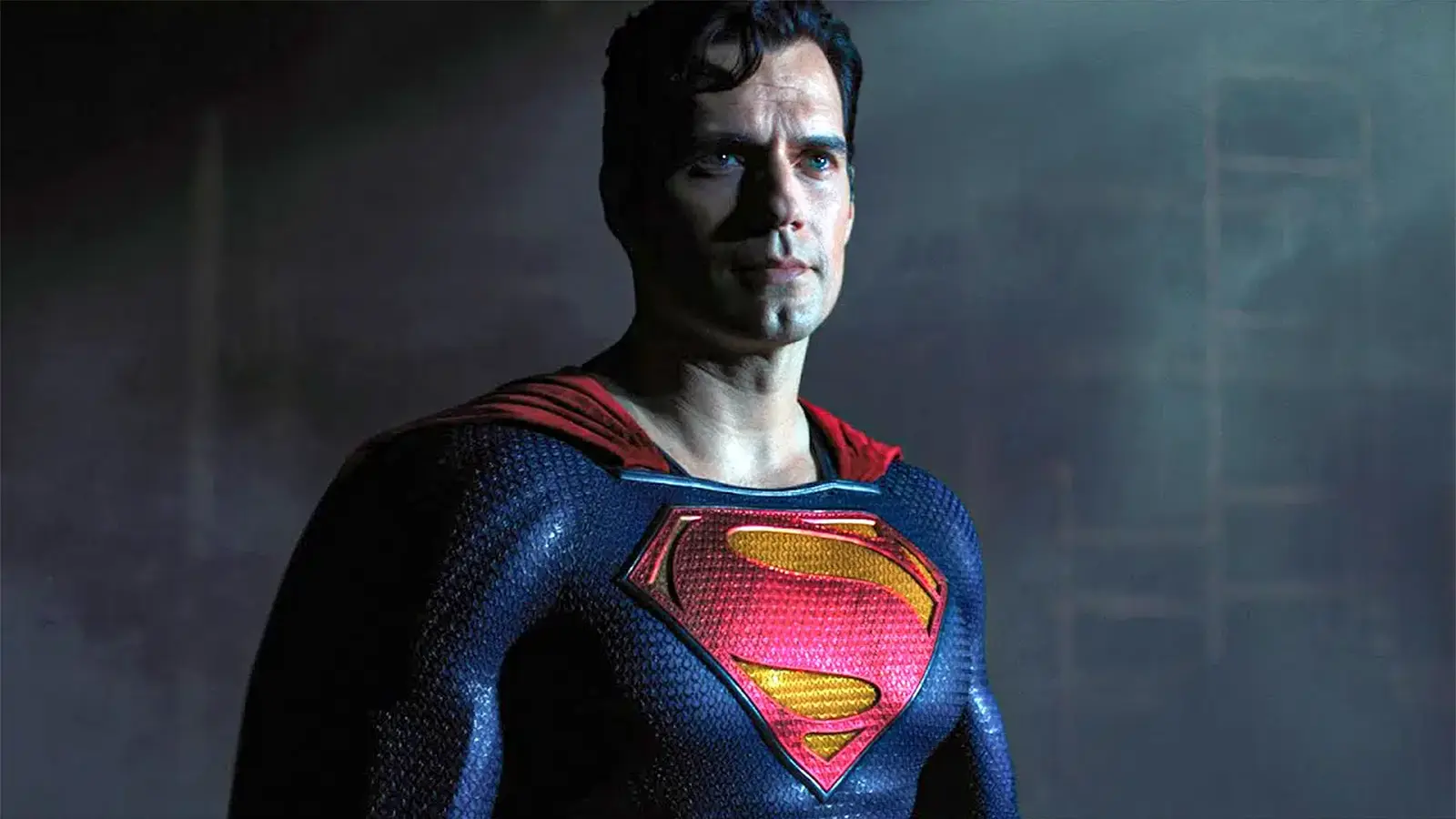
Leave a Comment